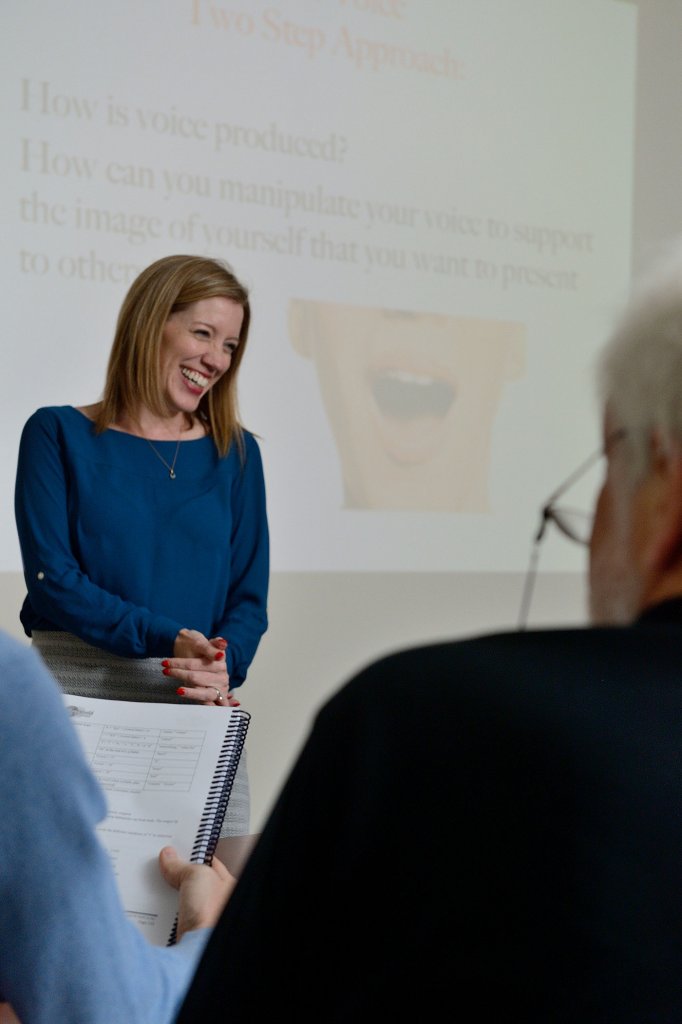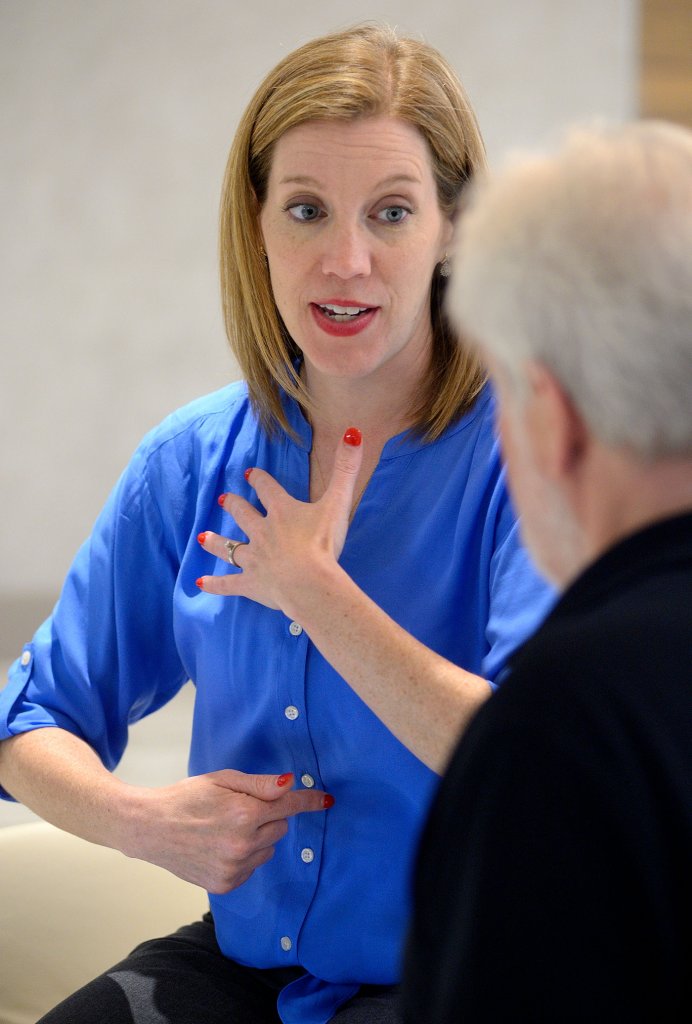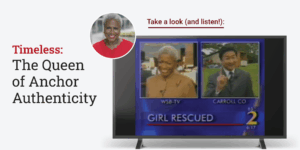
Networks and stations are embracing and expanding bilingual reporting like never before, and the opportunities for bilingual speakers have never been more exciting. As coaches, we’re excited to support them with resources and coaching to help them bring their A-game no matter which language they are using. In this post, our voice and speech guru, Jenni Steck, writes about the work she’s doing to help bilingual news talent make the most of these unprecedented opportunities.

What is this training
Is it….
Accent reduction?
Accent modification?
English pronunciation training?

These terms can feel off-putting, biased, and intimidating. They can stir up a bevy of mixed emotions because identity is so tied up in how we sound. The idea of changing something that is so uniquely “us” can be unnerving.
Here’s the good news: As an expert on the speaking voice, I do not strive to fundamentally change the way you or your team sound. My goal is always to help people communicate as their relaxed, authentic selves, and that never means trying to make you sound like someone else. I am interested in helping you feel confident about the way you sound. Most of all, I am interested in helping you communicate your message in a way that is clear, dynamic and effective.
What about my accent?
Clear communication is crucial in broadcast journalism. I work with journalists on all kinds of voice and speech challenges that inhibit that clarity. An accent may or may not be one of those challenges. In general, I believe it is only an issue if it inhibits intelligibility or undermines and distracts from the message.
As a matter of fact, viewers value hearing journalists who sound like them. So I don’t aim for ridding you of your accent. Instead, I aim for clarity, confidence, and connection.
Clients come to me for training because they feel their accent is preventing them from moving forward in their career. But they are unsure of what to expect and apprehensive about the process.
Here are a few of the concerns I have heard over the years.
FEAR: What if I don’t sound like myself anymore?
You will not lose your identity as you work on this. What you will gain is an increased awareness of the sounds and rhythms and stress patterns of American English and how they differ or resemble sounds and rhythms in your first language.
You are giving yourself options.
You will gain insight into why emphasis and stress – the “music” of the language – have such a significant impact on intelligibility. Even when you pronounce everything correctly, viewers may still have difficulty understanding you if the “music” of the language is off.
FEAR: What if I go through training and I still make mistakes?
Not even native speakers are 100% accurate 100% of the time. Take some pressure off of yourself. You will not ever be perfect in your pronunciation. But the good thing is, no one else is either! Pronunciation training simply makes you aware of your habits and teaches you how to make adjustments for improved clarity.
FEAR: How do I know if I’m doing it right?
You have a partner to help you! Working on pronunciation training alone is daunting. If you work with a coach, you have someone on your side, helping you become aware of the habits you have now and guiding you through the process of using your speech muscles in new ways. With a coach, there is always someone there to answer your questions and provide you with constructive feedback.
And we can practice using your own scripts and stories, so that the training is practical and can be put immediately to use.
FEAR: What if I don’t improve?
Improving your voice in a meaningful way is a commitment. You must practice to improve. If you dedicate time each day to practice, how could you not improve?
On the other hand, if you just attend your sessions and do not practice in between, you will not improve. If you were learning to play the piano and you just went to lessons but never practiced at home, do you think you would ever get better? Of course not. Learning any new skill requires practice. If you make time to practice, you will get better!

Next Steps
If you think you or anyone on your team would benefit professionally by improving their voice and speech, we’d love to talk about how we can help you feel confident in how you sound – so that you can open yourself up to new opportunities and never look back! Just click here to schedule a no-obligation conversation.


